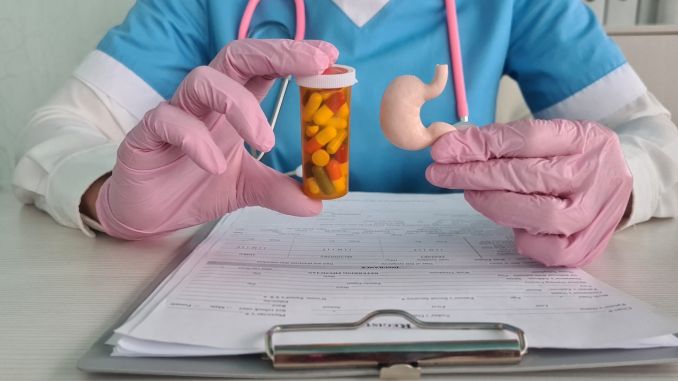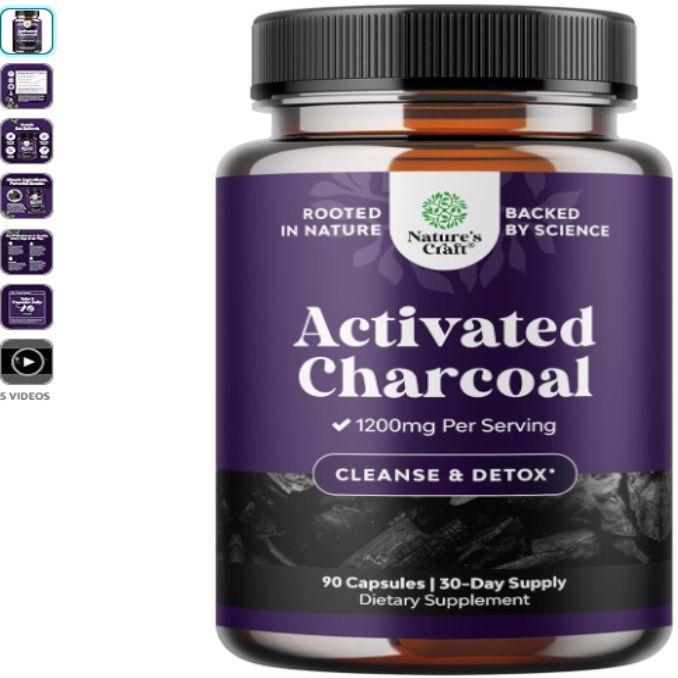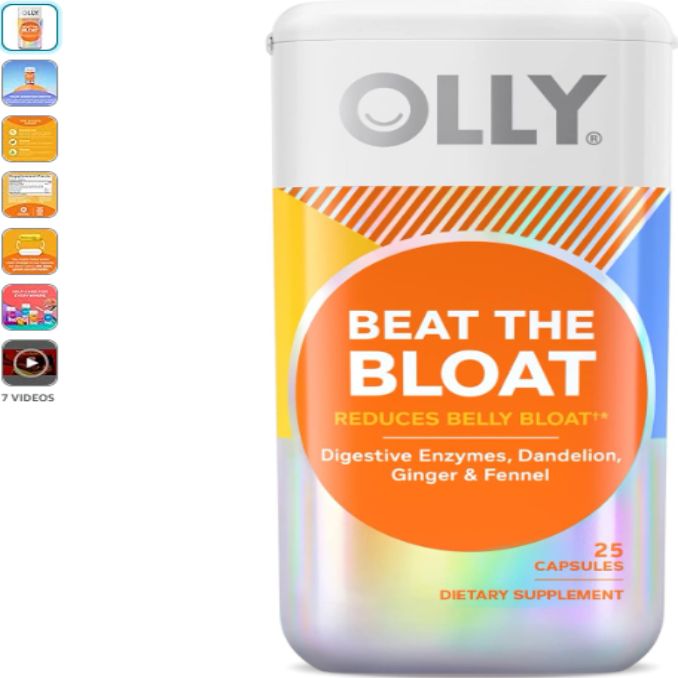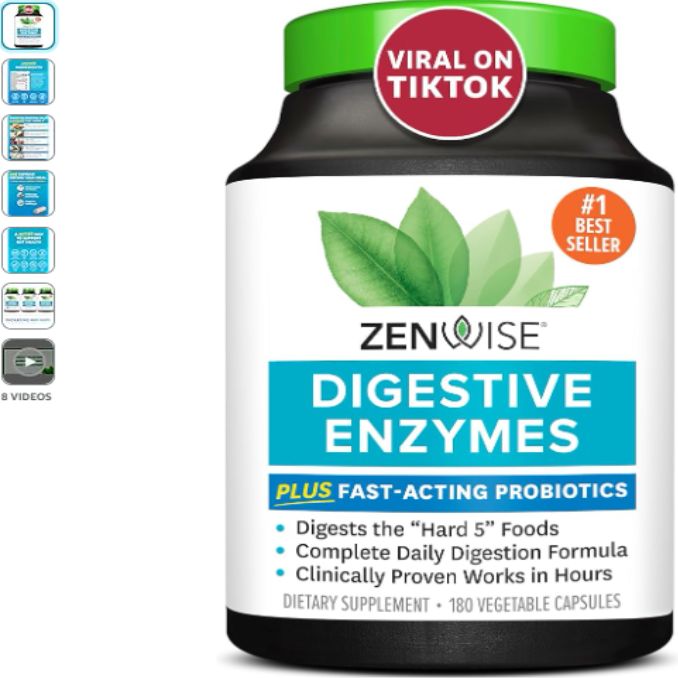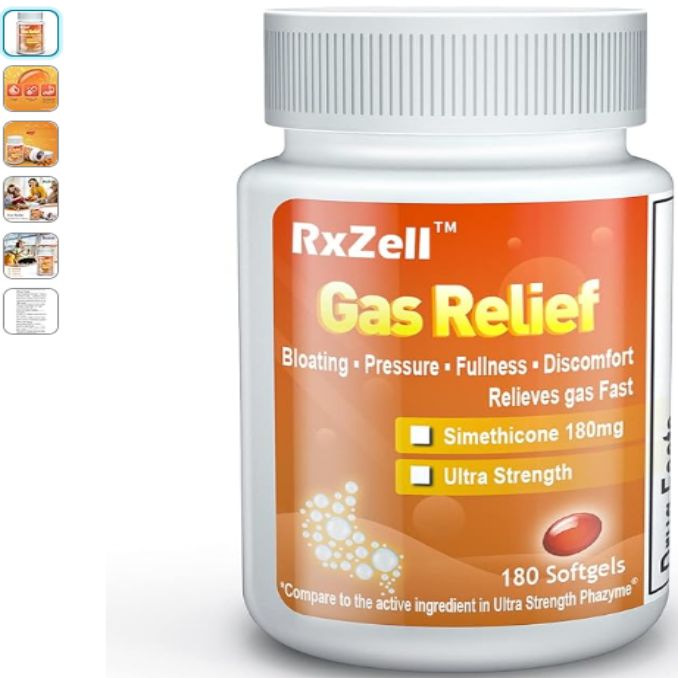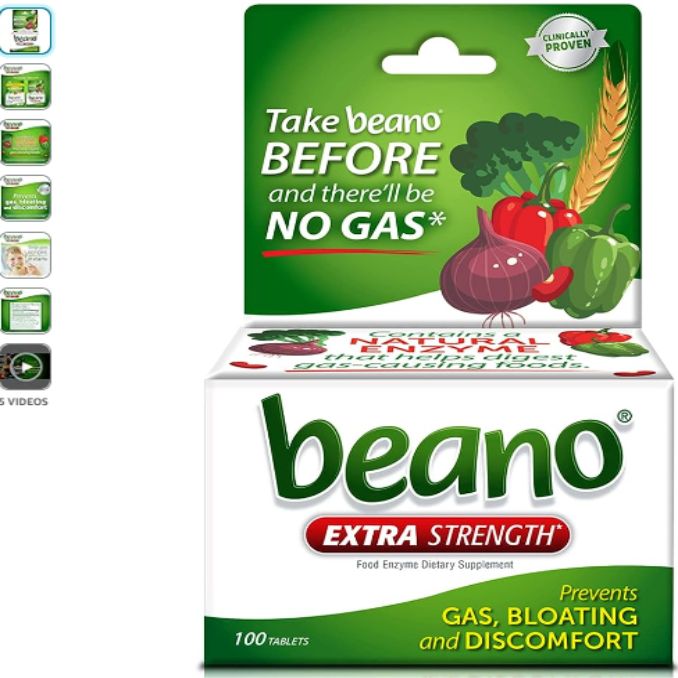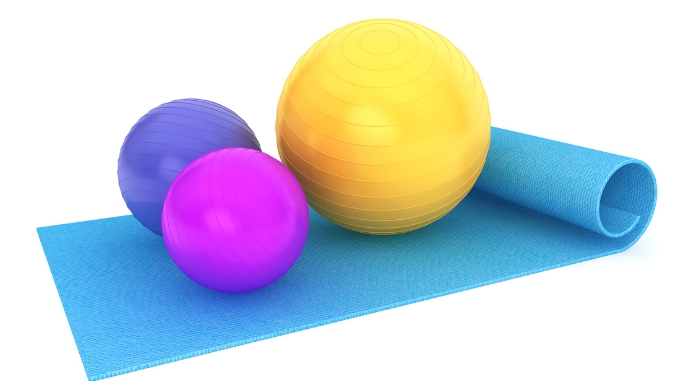Anti-bloating pills are special kinds of medicine that help your stomach feel better when it's upset and too full. Imagine your belly feeling like a balloon that's too inflated; these pills work to let some air out, making you more comfortable. They are packed with ingredients from nature, like plants and minerals, that are good at fixing tummy troubles. These ingredients help break down the food you eat more easily, stop too much gas from forming, and help keep your digestion running smoothly.
So, if you often find your belly feeling too big after eating or you get uncomfortable gas, these pills might be a helpful friend to your digestive system.
Understanding Bloating

Bloating is a feeling of trapped gas [¹] in the digestive system, causing a full, swollen stomach. Approximately 15.9% of people experience bloating monthly, affecting women more frequently. Symptoms include abdominal pain, bad breath, loss of appetite, early fullness, loud stomach noises, and bowel changes, usually due to excess gas or slow gas movement.
Additionally, underlying conditions like acid reflux, upset stomach, and allergies to certain foods can also contribute to bloating. People with food sensitivities, consuming gluten-free products or avoiding known triggers can help maintain gut health and promote healthy digestion, reducing the risk of occasional bloating.
What are the Signs of Bloating?
Doctors and scientists are still working to better understand abdominal bloating [²], a common and serious issue. It's one of the top complaints from people who have different stomach problems that affect how their gut works.
Signs of bloating include:
- Feeling of Fullness
- Swollen or Distended Abdomen
- Discomfort or Pain: Bloating
- Gas
- Gurgling or Rumbling Noises
- Hard to Button Pants
- Temporary Relief After Passing Gas
What is an Anti-Bloating Pill?
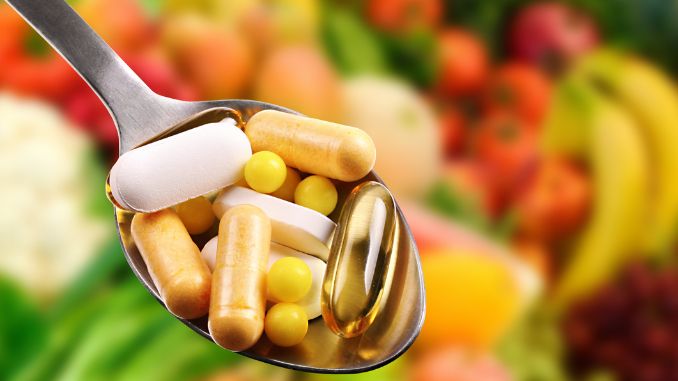
Anti-bloating pills, or bloat capsules, reduce belly swelling and discomfort by addressing the causes of bloating. These supplements often contain digestive enzymes to break down food, soothing herbs like peppermint or ginger, apple cider vinegar, and probiotics to improve digestion [³] and balance gut bacteria. They may also help with acid reflux and upset stomach, but should avoid harmful ingredients that could worsen bloating
The Science Behind Bloating and Anti Bloating Pills
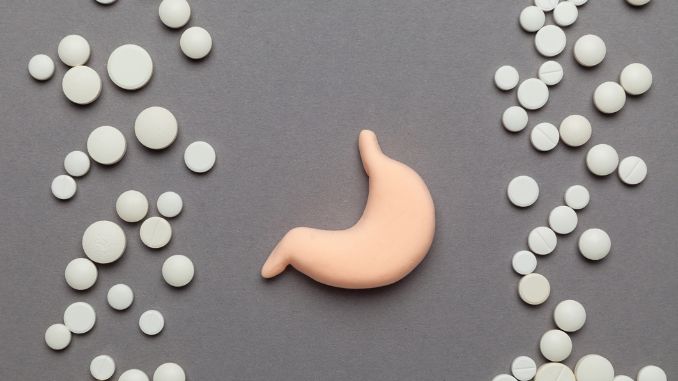
The science behind bloating and anti-bloating pills focuses on understanding the digestive system's functioning and the factors that disrupt its balance. By utilizing natural ingredients and digestive enzymes, anti-bloating pills aim to promote healthy digestion, provide gas relief, and alleviate belly bloat, ensuring the digestive system operates smoothly and efficiently.
However, it's crucial to approach the use of any supplements with caution, prioritizing products with safe, natural ingredients and considering any potential allergic reactions or sensitivities.
Effective Anti-Bloating Supplements Ingredients for Digestive Relief and Gut Health
The best anti-bloating supplements often include natural ingredients known to support digestive health and reduce the symptoms of bloating.
Here's a list of some highly regarded options:
1. Probiotics
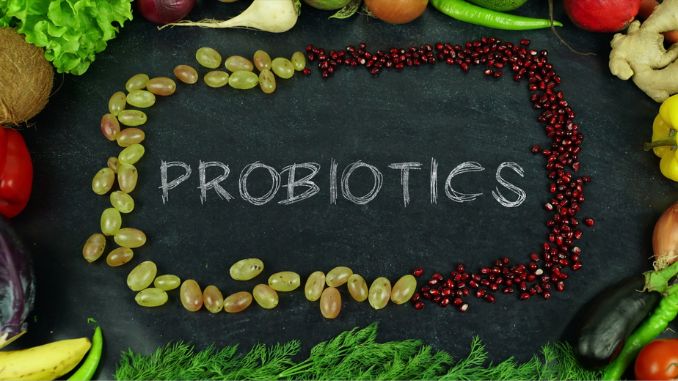
Research shows that certain probiotics, like Bifidobacterium infantis and Bifidobacterium animalis, are effective for bloating relief in some cases. However, results vary, and not all probiotics, such as Lactobacillus species and VSL#3, show consistent benefits.
2. Digestive Enzymes
These supplements contain enzymes that assist in breaking down complex molecules like proteins, fats, and carbohydrates, making digestion easier and reducing the likelihood of gas and bloating.
3. Peppermint Oil Capsules
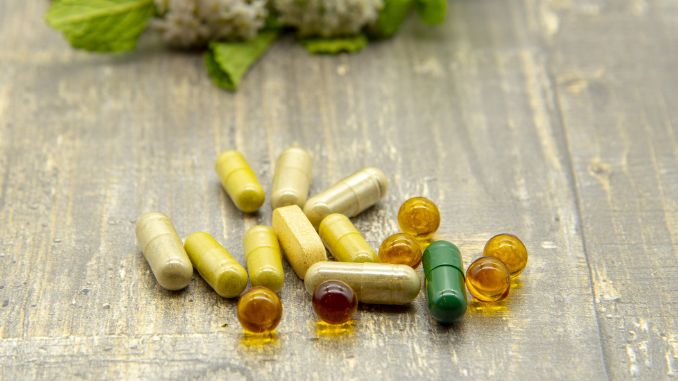
Peppermint has antispasmodic properties that can relax the muscles of the digestive tract, helping to relieve gas and bloating. Peppermint oil capsules are especially effective for those with Irritable bowel syndrome (IBS).
4. Ginger Supplements
Ginger is known for its gastrointestinal benefits, including reducing inflammation in the gut and enhancing digestive function, which can help alleviate bloating.
5. Dandelion Root

Dandelion root, known for its diuretic properties, can help the body eliminate excess fluid, thereby reducing water retention and bloating.
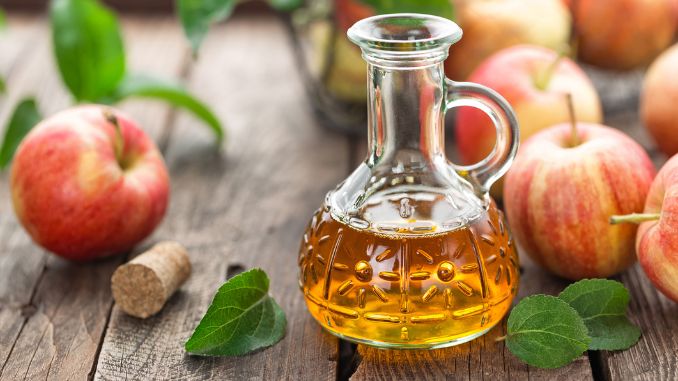
Apple cider vinegar can help to increase stomach acid and aid digestion, potentially reducing bloating. It's available in liquid form or as capsules.
7. Magnesium
Magnesium supplements can help with water retention and constipation, two common causes of bloating.
8. Psyllium Husk
As a fiber supplement, psyllium husk can help improve bowel regularity and decrease bloating associated with constipation.
Anti-Bloating Pills You Can Find Online
1. Phazyme Ultra Strength Gas & Bloating Relief
Fast-acting soft gels for gas and bloating relief, available in a pack of 481
These capsules offer digestive support enzymes and are specifically designed for women. Each pack contains 25 capsules.
These capsules combine probiotics and prebiotics for digestive health and bloating relief. Available in a pack of 60 capsules.
Ultra-strength simethicone softgels that help relieve gas, bloating, and stomach discomfort. Each pack contains 180 softgels.
A digestive enzyme supplement to prevent gas and bloating. Comes in a pack of 100 tablets.
The Hidden Dangers of Anti-Bloating Pills
Anti-bloating pills, while effective for many, can have potential risks or side effects, particularly if used improperly or too frequently:
- Interference with Medications: Some anti-bloating supplements can interact with prescription medications, altering their effectiveness.
- Digestive Issues: Ironically, overuse can sometimes lead to digestive issues, including constipation or diarrhea, especially with products like activated charcoal or excessive fiber intake.
- Nutrient Absorption: Activated charcoal, in particular, can absorb nutrients from food and medications, potentially leading to nutritional deficiencies if used regularly.
- Allergic Reactions: Some people may experience allergic reactions to natural ingredients found in anti-bloating pills.
- Over-reliance: Relying on pills for bloating relief can hide underlying health issues needing medical attention, such as food intolerances, Irritable bowel syndrome (IBS), or more serious conditions.
- Herbal Risks: Certain herbs can have side effects or interact with medications. For example, peppermint oil capsules are generally safe but might worsen symptoms for people with acid reflux.
Use supplements as directed and consult a healthcare provider if bloating persists or includes other symptoms to ensure safety and suitability.
Other Organic Alternatives for Anti Bloating Pills
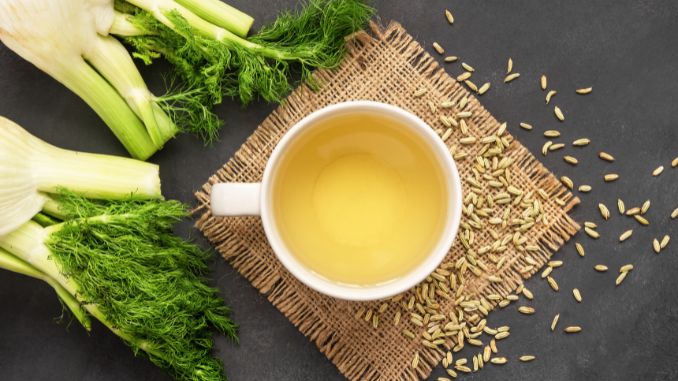
Here are some organic options that focus on natural ingredients and lifestyle changes to reduce bloating:
- Herbal Teas: Many herbs are known for their digestive benefits. Peppermint tea, for example, can relax the digestive tract muscles and ease gas. Ginger tea stimulates digestion and reduces inflammation, while chamomile can reduce bloating and soothe the digestive tract.
- Probiotic Foods: Incorporating organic probiotic-rich foods like yogurt, kefir, sauerkraut, kimchi, and kombucha can help balance gut microbiota, promoting better digestion and reducing bloating.
- Dietary Adjustments: Eating slowly and choosing whole, organic foods can improve digestion. High-fiber organic foods like fruits, vegetables, and whole grains can prevent constipation, but it's essential to increase fiber intake gradually to avoid increasing bloating initially.
- Exercise: Regular physical activity can stimulate the passage of gas through the digestive tract and reduce bloating. Even a simple walk after meals can be beneficial.
- Fennel Seeds: Chewing organic fennel seeds after meals can improve digestion and reduce gas and bloating. Fennel has compounds that relax the gastrointestinal tract.
- Apple Cider Vinegar: Taking a tablespoon of organic apple cider vinegar in a glass of water before meals can improve digestion and reduce bloating.
- Dandelion Tea: Organic dandelion tea is a diuretic that helps the body eliminate excess water, reducing water retention and bloating.
- Avoid Trigger Foods: Identifying and avoiding foods that trigger bloating is crucial. Common culprits include dairy, gluten, and high-sodium processed foods.
- Water Intake: Staying hydrated helps digestion and can reduce the likelihood of constipation and bloating. Drinking organic herbal teas or infused water can be a flavorful way to increase your water intake.
- Mindful Eating: Eating in a relaxed environment, chewing thoroughly, and not eating too quickly can prevent swallowing excess air and reduce bloating.
Conclusion
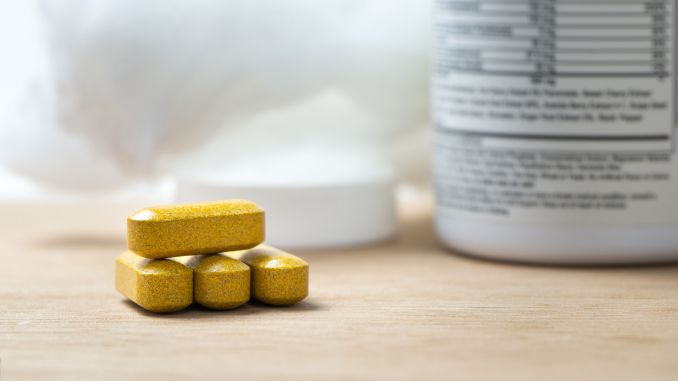
Dealing with bloating can be uncomfortable, but effective supplements can help. Options include probiotics for gut balance, digestive enzymes to break down food, and natural remedies like peppermint oil and ginger to soothe digestion. Understand your body's needs and consult a healthcare professional before starting any supplement. The right approach can reduce bloating and improve gut health.
Say goodbye to bloating and discomfort with anti-bloating pills, which can help reduce gas and improve digestion. For a comprehensive approach to improving your digestive health, check out our 14-Day Digestive Health Quick Start Program.
Frequently Asked Questions
Why am I always bloated?
Constant bloating can result from eating too fast, swallowing air, not chewing properly, or consuming fizzy drinks, salty foods, and certain vegetables. Food intolerances, stress, dehydration, and lack of exercise can also cause bloating. Consult a doctor if the issue persists to rule out any underlying health conditions.
Do anti-bloating pills or supplements actually work?
Anti-bloating pills, like probiotics, digestive enzymes, and herbal extracts (e.g., peppermint, ginger), can help some people with bloating. However, their effectiveness varies and depends on individual digestive issues.
Are probiotics a good option for reducing bloating?
Probiotics can help reduce bloating by adding beneficial bacteria to your gut, improving digestion and balancing gut flora. Found in yogurt, fermented foods, and supplements, probiotics are useful for digestive issues causing bloating. However, individual results may vary, so find what works best for you.

